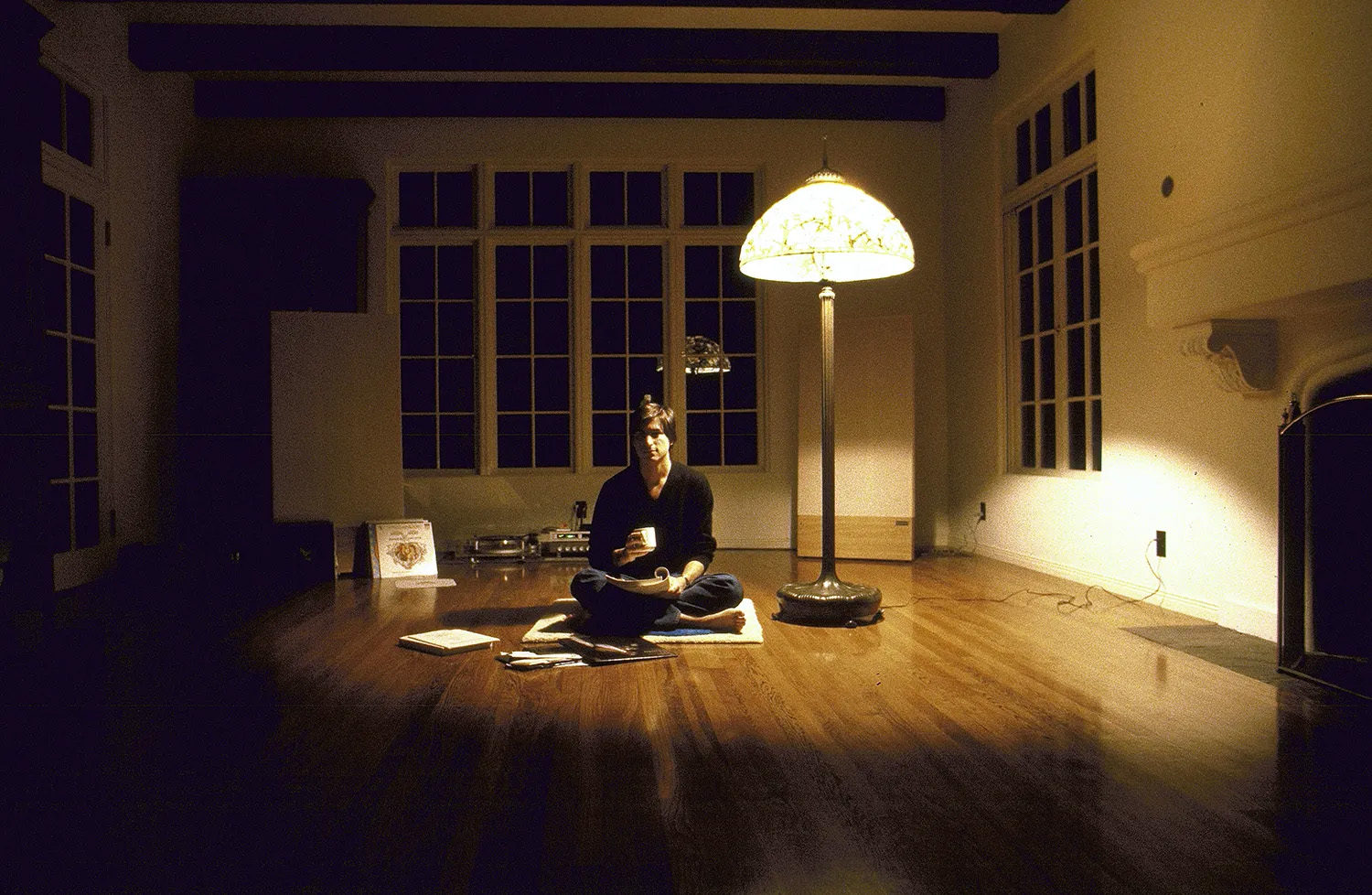
Stewart Brand, the visionary behind the Whole Earth Catalog, had a profound influence on the cultural and technological landscape of the late 20th century, a legacy that reverberates in Silicon Valley to this day. First published in 1968, the Whole Earth Catalog was more than just a compilation of tools and resources; it was a manifesto for self-reliance, environmentalism, and a new kind of intellectual freedom. Brand's work cultivated a generation of thinkers and doers who were not content with the conventional constraints of society and sought to create something radically new—whether in sustainable living, personal computing, or the emerging digital frontier.

Brand’s ethos was rooted in an ideal of empowerment—providing people with the tools to reshape their own lives and the world around them. This sensibility deeply resonated with Steve Jobs, who would later reflect on Brand’s influence in his own seminal work in the tech industry. Jobs famously quoted the final line of the Whole Earth Catalog in his 2005 Stanford commencement address: "Stay Hungry, Stay Foolish." These words, which encapsulate Brand’s message, were a rallying cry for constant curiosity and audacious ambition. In Jobs’ interpretation, they represented the spirit of innovation, the refusal to settle for the status quo, and the willingness to embrace risk in the pursuit of groundbreaking work.

The connection between Brand and Jobs is clear: both men sought to dismantle the barriers to creativity and possibility. Where Brand fostered a countercultural movement that encouraged self-empowerment through tools and knowledge, Jobs turned that philosophy into a global enterprise that reshaped the world. The Whole Earth Catalog was an early map to the territory that Jobs would later conquer with Apple—an environment in which technology and design were harnessed to liberate the human spirit. In Jobs’ eyes, the Whole Earth Catalog was not just a book; it was a blueprint for how to live boldly and creatively, a sentiment that would define his own life’s work.

In the closing moments of his address, Jobs invoked those words to urge graduates to maintain the same passion and youthful exuberance that had driven the counterculture of the ’60s, a counterculture that had flourished thanks to figures like Stewart Brand. The impact of that moment—the blending of technology, philosophy, and culture—would become an indelible part of Jobs’ legacy, forever tying Brand’s influence to the ethos of Silicon Valley. In this way, Stewart Brand’s Whole Earth Catalog did more than document a movement; it set the stage for the revolution that Jobs would help lead, driven by the core values of creativity, independence, and, above all, the unrelenting desire to stay hungry, stay foolish. This is a sentiment that we can get behind here at Sneaky’s, with one minor adjustment.


